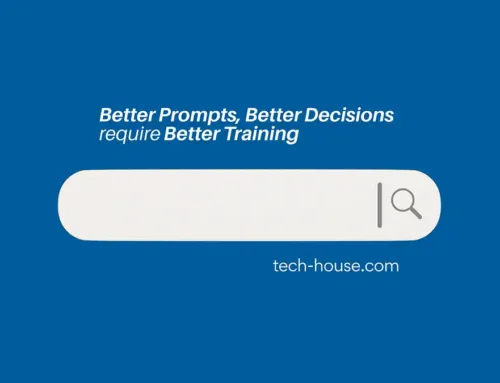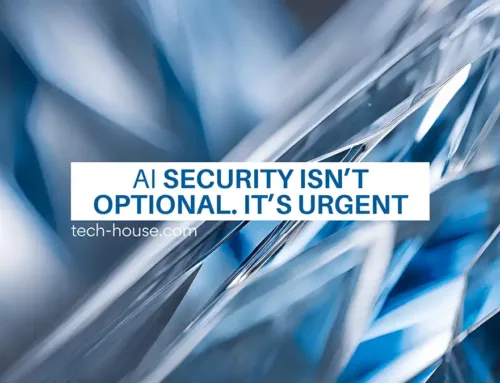Understanding Power Virtual Agent Chatbots: A Guide for Small Business Leaders
In the rapidly evolving world of technology, businesses are constantly looking for ways to streamline operations, improve customer service, and stay competitive. One such technology that has gained significant attention is the Power Virtual Agent (PVA) chatbot.
This article aims to demystify critical terms related to PVA chatbots and provide a basic understanding of their role in the broader bot/AI landscape.
Bots vs. Virtual Agents
Before we delve into the specifics of PVA chatbots, let’s clarify the difference between bots and virtual agents.
Bots are software applications that run automated tasks over the internet. These tasks are typically simple and structurally repetitive, operating at a much higher rate than would be possible for a human alone.
On the other hand, virtual agents are more sophisticated. They are AI-driven programs that interact with users in a natural, human-like way. Virtual agents can understand and respond to user queries using Natural Language Processing (NLP), a branch of AI that allows machines to read, understand, and derive meaning from human language.
What is a Power Virtual Agent?
Microsoft’s Power Virtual Agent is a platform that allows you to create powerful chatbots without needing extensive coding knowledge. It’s part of Microsoft’s Power Platform, including Power BI, Power Apps, and Power Automate.
PVA chatbots can understand and respond to user queries in a natural, conversational manner. They can be integrated with various data sources and services, making them a versatile tool for businesses of all sizes.
Use Case Scenarios
Let’s look at some use case scenarios to understand how PVA chatbots can benefit small businesses, particularly those in professional services.
Healthcare
In a healthcare setting, a PVA chatbot can handle routine inquiries such as appointment scheduling, medication reminders, or providing information about clinic hours and services.
This improves patient experience and frees staff to focus on more critical tasks.
Education/Training
For educational institutions or training providers, a PVA chatbot can assist with course enrollment, provide information about courses, handle FAQs, and even offer personalized learning recommendations based on a student’s interests and progress.
Consulting/Legal
In a consulting or legal firm, a PVA chatbot can help with client onboarding, provide quick answers to common legal questions, and direct clients to the appropriate resources or personnel. This can improve client satisfaction and allow consultants or lawyers to focus on more complex tasks.
In Conclusion
Power Virtual Agent chatbots represent a powerful tool for small businesses looking to improve efficiency, customer service, and overall competitiveness. As AI technology evolves, the potential applications for PVA chatbots will only grow.





